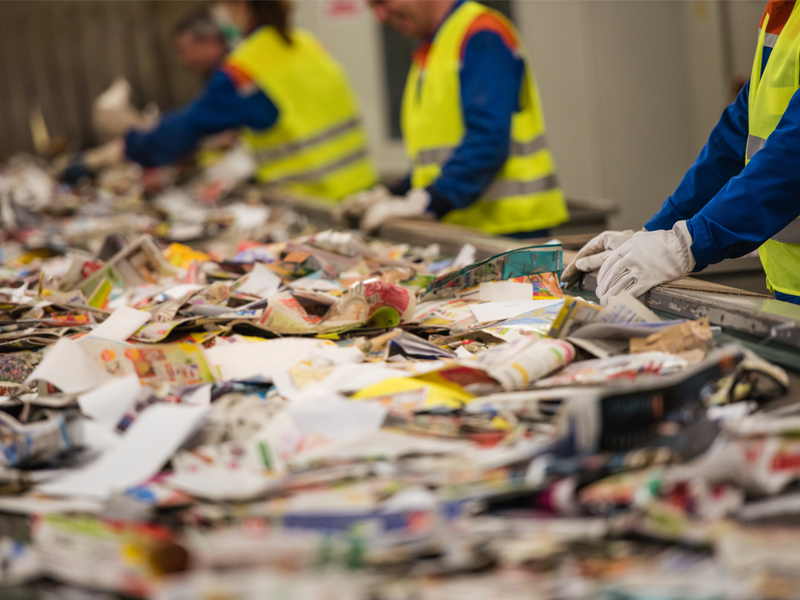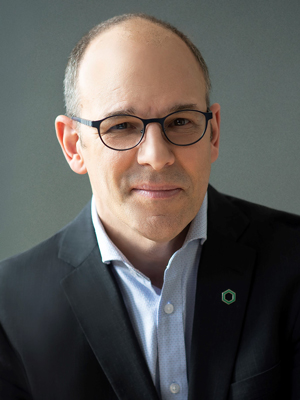
PAID CONTENT
Our planet’s resources are finite. We don’t always act like they are. Depending where we live, we would need two, three, maybe up to five Earths to support our resource use and lifestyles.
That’s why it’s vital to shift from a linear economy to a circular one. The linear model for production and consumption relies on an intensive use of resources. The waste ends up in a landfill, an incinerator or nature. Canadians generate an average of 720 kg per capita of unreclaimed waste each year. Globally, even with all the advances in environmental responsibility, only 19% of residual materials are recycled or composted.
We can’t keep going at this pace using linear thinking. The circular model, instead, focuses on lower resource extraction, an optimized use of resources, and the reuse, reconditioning and recycling of products consumed. Doing so is good for the planet – and smart business for companies and industries, too.
Responsible investing (RI) focuses on companies that are financially sound and are also best-in-class in environment, social and governance (ESG) criteria. Companies that do well in these three areas show care for their people, clients, suppliers, communities and the broader world. That tends to translate into longer-term success and better financial performance.
As the economy rebounds, we think RI is a solid bet. At the forefront are companies that embrace the circular economy concept.
These are companies that think carefully about how resources are extracted, how their products are built with ecodesign, how they’ll be used during their lifetime and what happens to them in the end.
The circular economy isn’t just about becoming more sustainable. Or about giving everyone on the planet an opportunity to improve their well-being and standard of living. It’s simply good financial and risk management to operate this way.
Consider what happens when resources become scarcer and more expensive and when there are market costs like taxes on carbon. Companies have strong economic incentives to reduce their footprint and to reuse and recover whenever possible.
Metals and plastics are two industries with great potential. On a company level, if you’re looking at best practices, I can point to Trex. It’s part of the Desjardins SocieTerra American Equity Fund. Trex makes and distributes alternative wood-composite products for decks. The company uses recycled wood fibre and plastic waste, making it one of the leading plastic recyclers in the United States.
Sustainability is an integral part of the company’s business model. Trex aims to reduce resource use, while capitalizing on the financial advantages of its low input costs.
That’s progress. The companies that are leading the way in the circular model demonstrate innovation. They think more about tomorrow and the transformation of the economy, solve real problems, and respond to consumer needs.
More and more people are eager to do business with companies that have such a dynamic and enlightened approach. Those are the companies worth investing in as we seek a more prosperous and sustainable future.

Denis Dion
Responsible Investment Product Manager with Desjardins Group
To learn more about Desjardins RI solutions, visit https://www.desjardinsfunds.com/ri.
Desjardins is a trademark of the Fédération des caisses Desjardins du Québec, used under licence.
